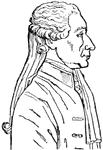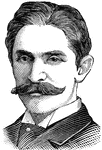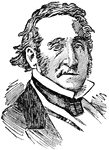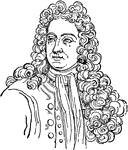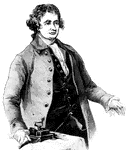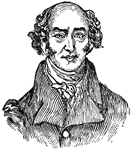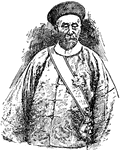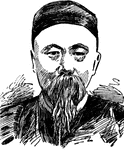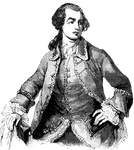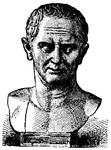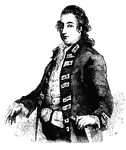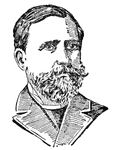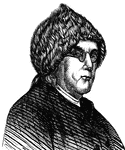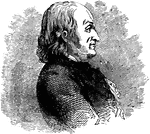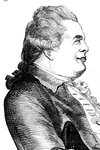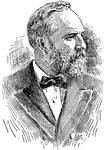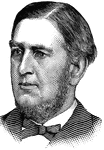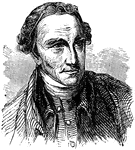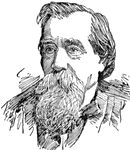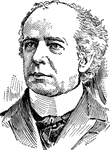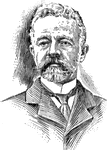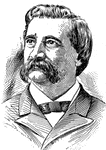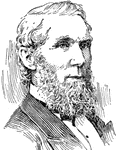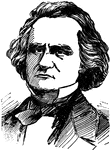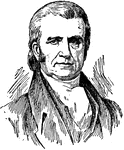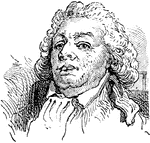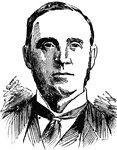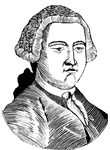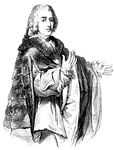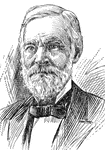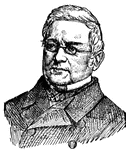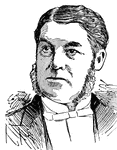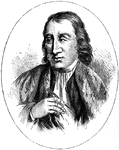
Samuel Adams
Samuel Adams (September 27, 1722 – October 2, 1803) was a statesman, political philosopher, and one…
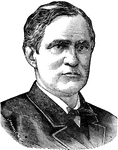
Thomas F. Bayard
"Thomas Francis Bayard was born in Wilmington, Del., October 29, 1828." —The Popular Cyclopedia,…
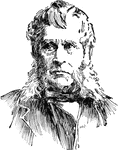
John Bigelow
John Bigelow (November 25, 1817 – December 19, 1911) was an American lawyer and statesman. He…
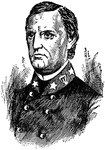
John Cabell Breckenridge
(1821-1875) American soldier, statesman, and vice president to President Buchanan.
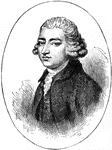
Edmund Burke
Edmund Burke (12 January 1729 – 9 July 1797) was an Irish statesman, author, orator, political…
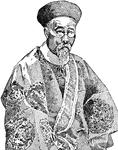
Li Hung Chang
"Li Hung Chang was the most enlightened Chinese statesman of the nineteenth century. He arranged terms…
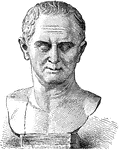
Marcus Tullius Cicero
Marcus Tullius Cicero (106-43 BC) was a Roman philosopher, statesman, and lawyer.

Sculpture of Demosthenes
Demosthenes was a prominent Greek statesman and orator of ancient Athens. His orations constitute a…
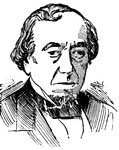
Benjamin Disraeli
(1804-1881) British Statesman and Prime Minister who wrote the novels Vivian Grey Coningsby and Sybil
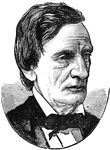
William M. Evarts
"Both as a lawyer and a statesman Mr. Evarts ranks high." —The Popular Cyclopedia, 1888
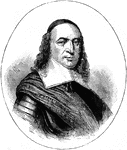
Benjamin Franklin
Benjamin Franklin (January 17, 1706 – April 17, 1790) was one of the Founding Fathers of the United…

Garfield Monument
Monument of twentieth United States President, James Abram Garfield in Washington, D.C.
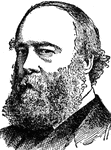
Robert Arthur Talbot Gascoyne-Cecil
(1830-1903) English statesman, Prime Minister, Marquis of Salisbury.
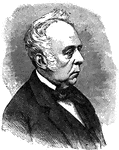
Reverdy Johnson
Reverdy Johnson (May 21, 1796 – February 10, 1876) was a statesman and jurist from Maryland.
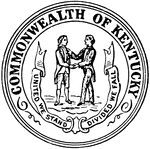
Seal of Kentucky
The seal of the Commonwealth of Kentucky. The seal shows a frontiersman and a statesman shaking hands…
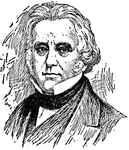
Lord Thomas Babington Macaulay
"(1800-1859), an English historian, essayist and statesman, celebrated for the brilliance of his prose…
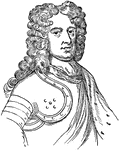
Duke of Marlborough
An English statesman who served in several battles during the late eighteenth century.
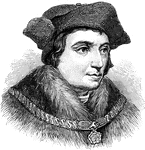
Sir Thomas More
Sir Thomas More (7 February 1478 – 6 July 1535) was an English lawyer, author, and statesman who…
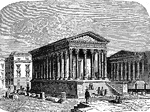
The Square House of Nîmes
The square house of Nîmes is also known as Maison Carree. It is an ancient Roman temple located in…
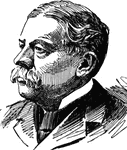
Richard Olney
(1835- ) American jurist and statesman. Served as attorney general and secretary of state under President…
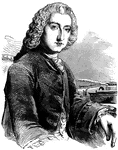
William Pitt, Earl of Chatham
(1708-1778) Also known as Pitt the Elder. He was an English statesman who formed a new ministry in 1766.
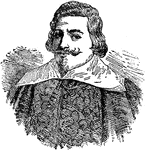
John Pym
John Pym was an English statesman, parliamentarian, leader of the Long Parliament and leader of the…
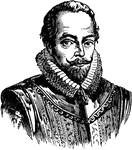
Sir Walter Raleigh
Sir Walter Raleigh, navigator, warrior, statesman, and writer in the reigns of Elizabeth and James I.,…
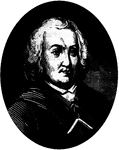
Peyton Randolph
(1721-1775) Lawyer and statesman who was appointed first president of the first Continental Congress
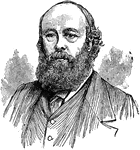
Marquis of Salisbury, Robert Cecil
Third Marquis, Robert Cecil , English Statesman, was born at Hartfield in 1830, and educated at Eton…
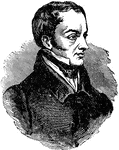
John, Earl Russell
English Liberal statesmen, was the third son of the sixth duke of Bedford. (1792-1878)
